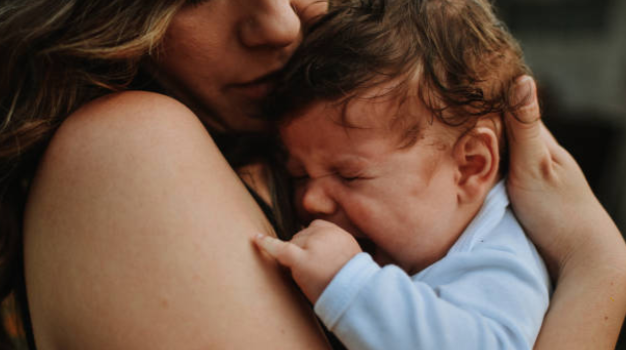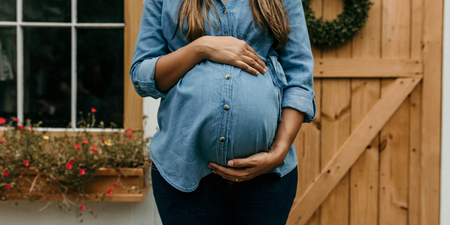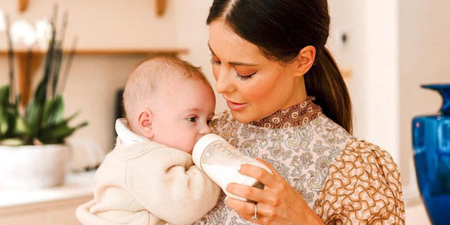“Physically and emotionally demanding.”
85 percent of women in Ireland have increased care responsibilities since the beginning of Covid-19, a new report has shown.
A survey conducted for the National Women’s Council of Ireland (NWCI) showed that the majority of women have taken on more work since the beginning of lockdown, with 55 percent saying that they have had less time to focus on their mental health.
Results of the online survey come as part of a new campaign on women’s mental health launched today.
NWCI want to remind women: “When you care for others it can be harder to mind yourself,” highlighting the impact that caring for others can have on a person’s mental health, especially during the Covid-19 pandemic.
Orla O’Connor, Director of NWCI, says that while caring for a family member or loved one can be incredibly rewarding, “running a household can also be physically and emotionally demanding and can put a strain on women’s wellbeing.”

“As part of our conversations about mental health, we need to acknowledge how women’s caring responsibilities can affect their wellbeing.
“To take women’s mental health needs seriously we must ensure a better sharing of care responsibilities between men and women, and also better State supports in the form of public and affordable childcare, and of course a universal health system.”
Dr Cliona Loughnane, Women’s Health Coordinator at NWCI, adds that it is crucial to understand that not all women in Ireland have the same caring responsibilities.
“For example, we know that 86 percent of those who are parenting alone are women,” she says, “while migrant women living in Ireland often don’t have the help of their wider family.
“The first step is to take women’s mental health seriously. Women’s experiences must be at the centre of policy and decision-making, particularly as we emerge from the pandemic.
“We need to ensure universal mental health services, as they develop out of Sláintecare and implementation of the new national mental health policy, provide access to the services women are asking for, including community-based, talk-therapy.”
If you have been affected by any of the issues raised in this story you can contact Samaritans on 116 123 or email [email protected].
You can also text ‘HELLO’ to 50808, anytime day or night.




















































